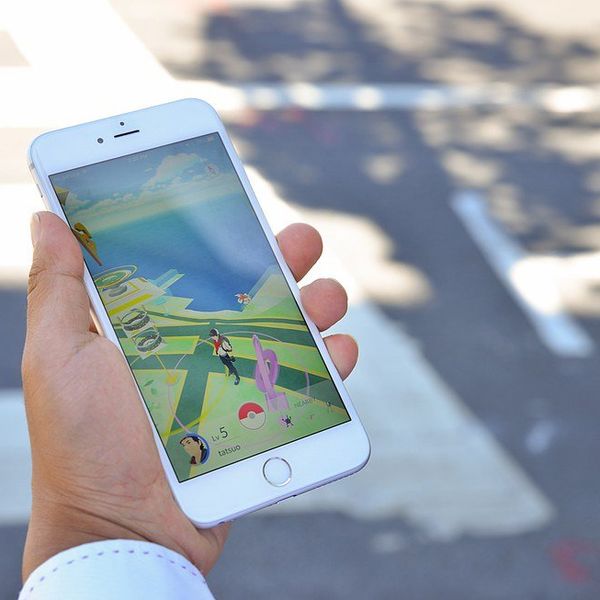When Nintendo first released its "Pokemon" games for its handheld Game Boy system in February of 1996, they probably had no idea just how popular the franchise would become. After spreading to the UK, North America, Australia, South America, and beyond, Pokemon quickly became an international pop icon. Even back in 2013, before the release of their incredibly popular "X" and "Y" titles or similarly hype-driven remakes "Alpha Sapphire" and "Omega Ruby," the Pokemon Company announced that it had sold over 172 million copies of its games worldwide. With each new title of its main line, Pokemon has endeavored to move its players toward active social interaction. For those who have never had the joy of playing the Pokemon games, a typical summary would be that they are about traveling different geographical regions collecting and befriending a huge assortment of wild creatures. In the Pokemon world, everything seems to revolve around trainers and their relationship with their Pokemon friends. The strongest trainers take lead positions in society, acting as both a sort of government and as community mentors for the cities and towns in which they reside. By creating combat-oriented games that remain free of blood and relatively scarce of death, Pokemon explores themes of power, friendship, and work ethic while still being family friendly.
Unlike in previous generations, the fanbase for games like Pokemon and other forms of animated entertainment never seemed to outgrow the product. Instead of dismissing the games as childlike, the Pokemon fanbase remained loyal, creating a unique opportunity for the company to work with a market of increasingly older fans. While attending the midnight release of "Omega Ruby" and "Alpha Sapphire," I was pleased to see a long line of 20 somethings dominating the area, some even bringing their kids along for the event.
Recently the Pokemon Company made an announcement that created an internet uproar among its fans. For the first time ever, Pokemon was coming to the physical world in "Pokemon GO." How, you ask? By utilized GPS and smart phone technology couple with a sort of “Fit Bit”-style watch, "Pokemon GO" places different Pokemon at actual geographical locations. Players must travel to these locations to battle or catch wild Pokemon. As always, players can also play the game amongst each other as they trade and battle cooperatively or competitively. The game’s trailer teased at major events in which large numbers of players will have to join forces to fight powerful legendary Pokemon at a specific location.
What I find most intriguing about "Pokemon GO," however, has little to do with the Pokemon world. Think back to when a groundbreaking system was announced for the first time. Maybe you can remember as far back as "Pong," or the first standing arcade. Maybe you remember when the Xbox 360 consolidated all of your entertainment needs into a single box. Maybe you played some of the first MMOs. No matter your age or gaming interests, you were probably present when the cultural methods of entertainment were dramatically shifted. This is what fascinates me. Though "Pokemon GO" is not the first “augmented reality” game, it is already one of the most popular. Social media like Facebook, Twitter, and Reddit exploded with rumors and questions about how the new game will operate. In my opinion, the game’s popularity has already changed the way we think about entertainment. Now that we view an idea like "GO" as an option, we have created an opening for game developers to accommodate that desire. We are the forerunners and aggravators of whatever comes of this. That’s why I will not only be playing "Pokemon GO," but purchasing whatever associated products that are released with it.
Being a gamer does not mean you dislike being outside. A common (though dwindling) stereotype portrayed video game enthusiasts as lazy, unhygienic, and disconnected from reality. The overwhelmingly positive interest in "GO" seems to derail such a narrow view. If you really think about it, gamers are probably more active than their movie-buff or bookworm counterparts. A huge chunk of the gaming industry encourages players to use their minds actively in order to achieve a desired goal. Freeform and open world games such as "Skyrim" and "Minecraft" allow the player to create their own gaming experience rather than being forced to play a specific style. As a video game lover as well as a physically active person who enjoys being outside, I am ecstatic about the possibility of taking my family or a group of friends on an outdoor gaming adventure. By playing this game, writing this article, and talking about it in general, I am joining millions of others in laying the foundation for the new wave of video game hybrid experiences.























